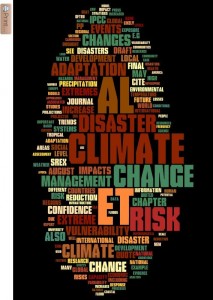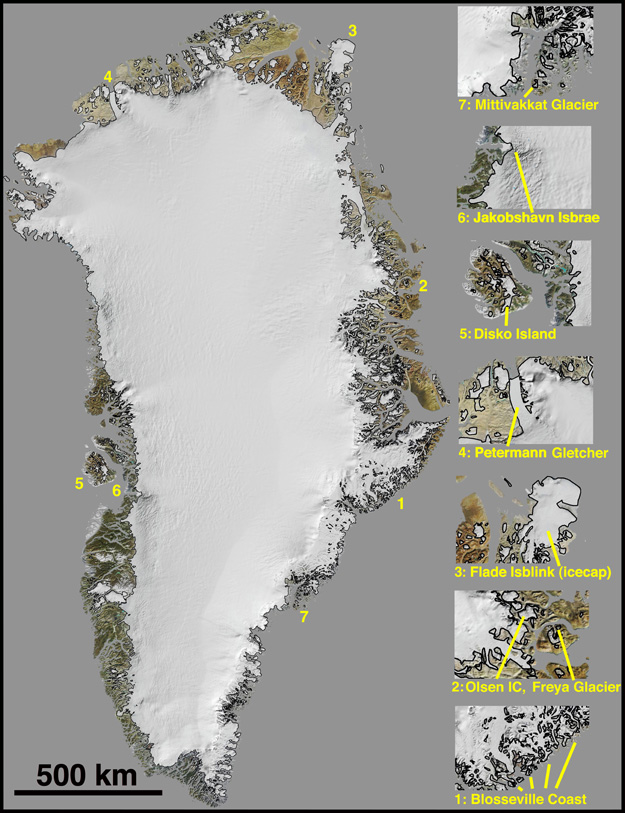The link between extreme weather events, climate change, and national security is discussed in Extreme Realities, a new episode in PBS’ series Journey To Planet Earth hosted by Matt Damon.
The video features a number of extreme weather phenomena: hurricanes, tornadoes, floods, wild fires, and flooding. The discussion is about climate change and the consequences on the ground – or, how climate change may affect you.
It is important to ask what is the story behind the assertions made in the video. What scientific support is there for the link between such extremes and climate change?
[Read more…] about Climate change and consequences on the ground


